Edward Thomas was gloomy as Eeyore. In 1906 he complained to a friend that his writing ‘was suffering more & more from a silly but unavoidable nervous interest in the children’s movement in and out of the house’. The following year, he noted, I have no ‘interests’ at all, and marriage, he said, is ‘continually encrusting the soul’. To be fair, his life was a torment — depression, worrying about and writing for money, a miserable marriage — and perhaps most cruel of all he was denied the comfort we have, as later readers, of knowing that it will all turn out all right in the end. His was a messy life which found an elegant ending: with the writing of a handful of perfect poems, and then an abrupt death.
It is because of this end-stopped life that Matthew Hollis a few years ago decided to write a biography of Thomas’s last year, and specifically his linked decisions to start writing poetry and to enlist in the first world war: Now All Roads Lead to France (2011). Now, Jean Moorcroft Wilson gives the full cradle-to-grave life. The material is always interesting, but the inevitable result is that we spend a lot of time waiting.
His was a fairly standard middle-class Victorian childhood: educated at what he called a ‘clockwork school’, full of rote learning; a confident father who read Dickens to him and a mother he adored. It was full, too, of the odd repressions we associate with Victorian Britain. He never mentions his brothers in his autobiography because they didn’t fit his self-portrait as a solitary figure. He got engaged young, at 19; he went up to Oxford, where he experimented with opium and — more surprisingly— rowing. His son is born; he catches gonorrhoea from a prostitute; he falls into depressions; he attempts suicide. He moves house often, each time apparently thinking that the next one will be better.
But most of what he did was work. To support his family, he became an astonishingly prolific hack-writer, of travel books, history and book reviews. Moorcroft Wilson estimates that Thomas wrote 1,900 reviews, containing more than a million words, at the rate of ‘one review every three days for 14 years’. He published five books before he was 27. ‘Between 1910 and the beginning of 1913, 13 books would appear under his name’; and working at this rate, a little over-writing is inevitable. As are a few cut corners: he was commissioned to write a book about England, and when his publishers complained that the manuscript was a little short, he simply added a chapter about a castle in Wales, leaving out the inconvenient geographical detail and place-names. He wrote a book about Windsor Castle but refused actually to go to the castle. He wrote a book about the Isle of Wight having spent two days there.
None of this is the real story — which is the long delayed breakthrough into poetry. In September 1913, he wrote a poem in his notebook; he was 36, and we are on page 236 of the biography. In October he met the American poet Robert Frost. The two men walked, and talked all through the following spring, and developed a shared theory of poetry drawn from the cadences of human speech.
How good is the poetry? Moorcroft Wilson tells us that his poems ‘could have been written yesterday’, and that ‘his versatility and wide range’ may be held against him by critics keen to fit him into a niche; but this special pleading isn’t necessary, nor is it particularly meaningful to describe him as ‘one of the most subtle and sensitive writers of the 20th century’. We can see the poems as a hinge between late Victorian and Modernist verse; or we can say, more simply, these are careful, beautiful poems, striking at any time. They catch, with some precision, the odd synaesthesia of thought, its recapitulations. ‘Today I think/ Only with scents,’ begins one. The critic John Carey describes Thomas’s cadences as ‘the sound of a mind communing with itself’, and this intimacy is half their power.
It is also poetry drawn often from the English countryside: from the names of local plants, and herbs; from the rain. Thomas’s ultimate decision to enlist seems part of this love for the countryside, as if he was motivated by a kind of rural patriotism. He joined the Artists’ Rifles in July 1915, and continued to write poetry during training, through that autumn: on thrushes, and the pale winter sun. His is not, technically, war poetry, for it was all written before he was sent to France, but the war is a presence in it: in the ‘tall reeds/ Like criss-cross bayonets,’ or the bodies recalled in ‘The past is the only dead thing that smells sweet’.
He was sent to France in January 1917, where he read a positive review of his own poetry in the TLS and was killed by a shell at the Battle of Arras. ‘What will they do when I am gone?’ he asks, in one of his very last poems: ‘It is plain/ That they will do without me as the rain/ Can do without the flowers and the grass.’ He was gloomy right until the end, but made elegant in verse.
Got something to add? Join the discussion and comment below.
Get 10 issues for just $10
Subscribe to The Spectator Australia today for the next 10 magazine issues, plus full online access, for just $10.
Available from the Spectator Bookshop, £20 Tel: 08430 600033
You might disagree with half of it, but you’ll enjoy reading all of it. Try your first month for free, then just $2 a week for the remainder of your first year.

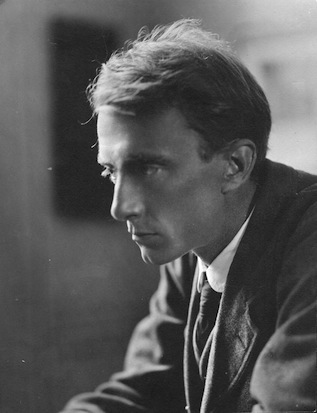
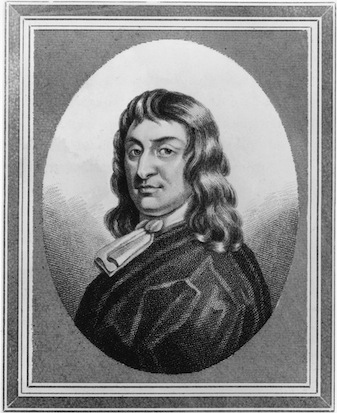
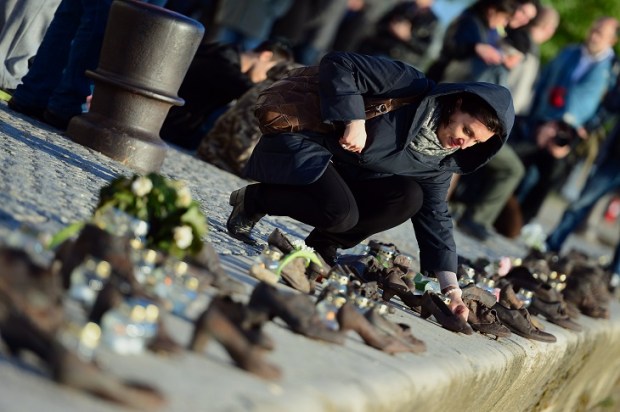


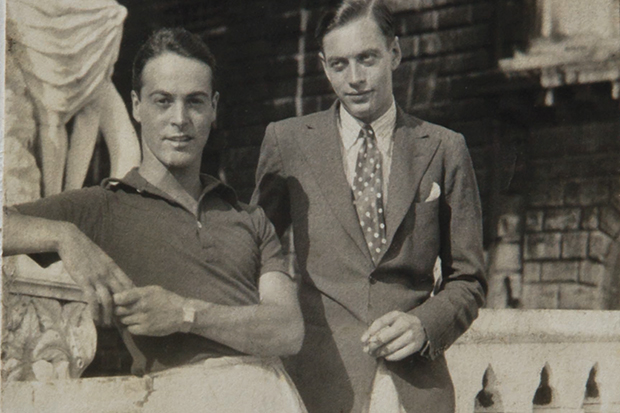
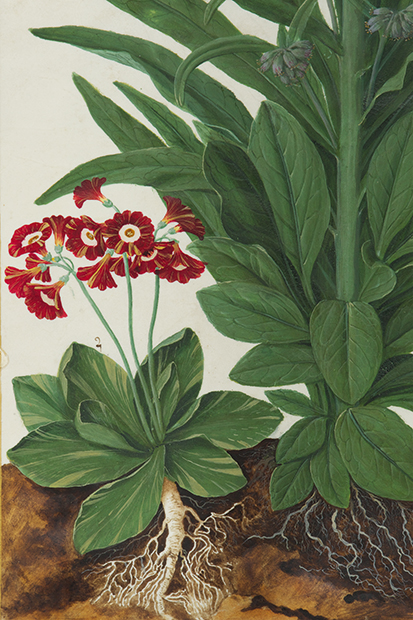






Comments
Don't miss out
Join the conversation with other Spectator Australia readers. Subscribe to leave a comment.
SUBSCRIBEAlready a subscriber? Log in